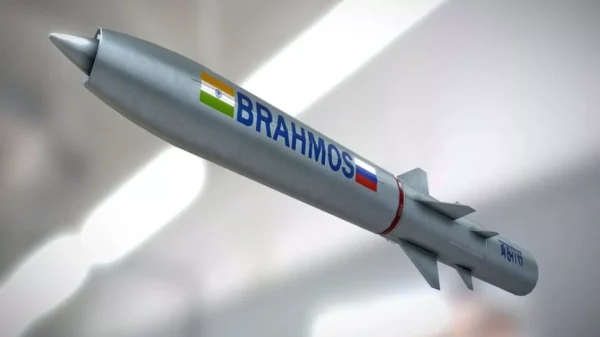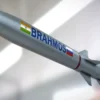NEPRA
In a major move aimed at promoting green transportation and facilitating the adoption of electric vehicles (EVs) in Pakistan, the National Electric Power Regulatory Authority (NEPRA) has approved a significant reduction in electricity tariffs for EV charging stations.
The decision comes in response to a formal request submitted by the federal government, which is actively seeking to encourage the shift towards cleaner energy solutions and reduce the country’s dependence on fossil fuels.
As part of this new initiative, NEPRA has announced that the basic electricity tariff for electric vehicle charging stations will be reduced from Rs45.55 to Rs23.57 per unit. This adjustment marks a substantial decrease of Rs21.98 per unit, providing a considerable cost relief to EV charging service providers and, ultimately, to electric vehicle users.
In addition to the tariff cut, NEPRA has also eliminated the previously capped margin of Rs24.44 per unit. This move is expected to pave the way for a more competitive and dynamic pricing environment, as it allows market forces to determine the margin freely without regulatory limitations.
The deregulation of profit margins aims to attract more private investment in EV infrastructure and stimulate market growth.
The federal government’s push for this revision reflects its broader commitment to sustainable development and reducing the carbon footprint of Pakistan’s transportation sector.
By making EV charging more affordable, the government hopes to make electric vehicles a more viable option for the general public, helping to combat air pollution and reduce reliance on imported fuels.
Meanwhile, in a related development, the Finance Ministry has issued a notification confirming that the prices of petroleum products will remain unchanged for the time being.
This dual policy approach—maintaining fuel prices while promoting electric mobility—highlights the government’s strategy to balance immediate consumer relief with long-term environmental and economic goals.










